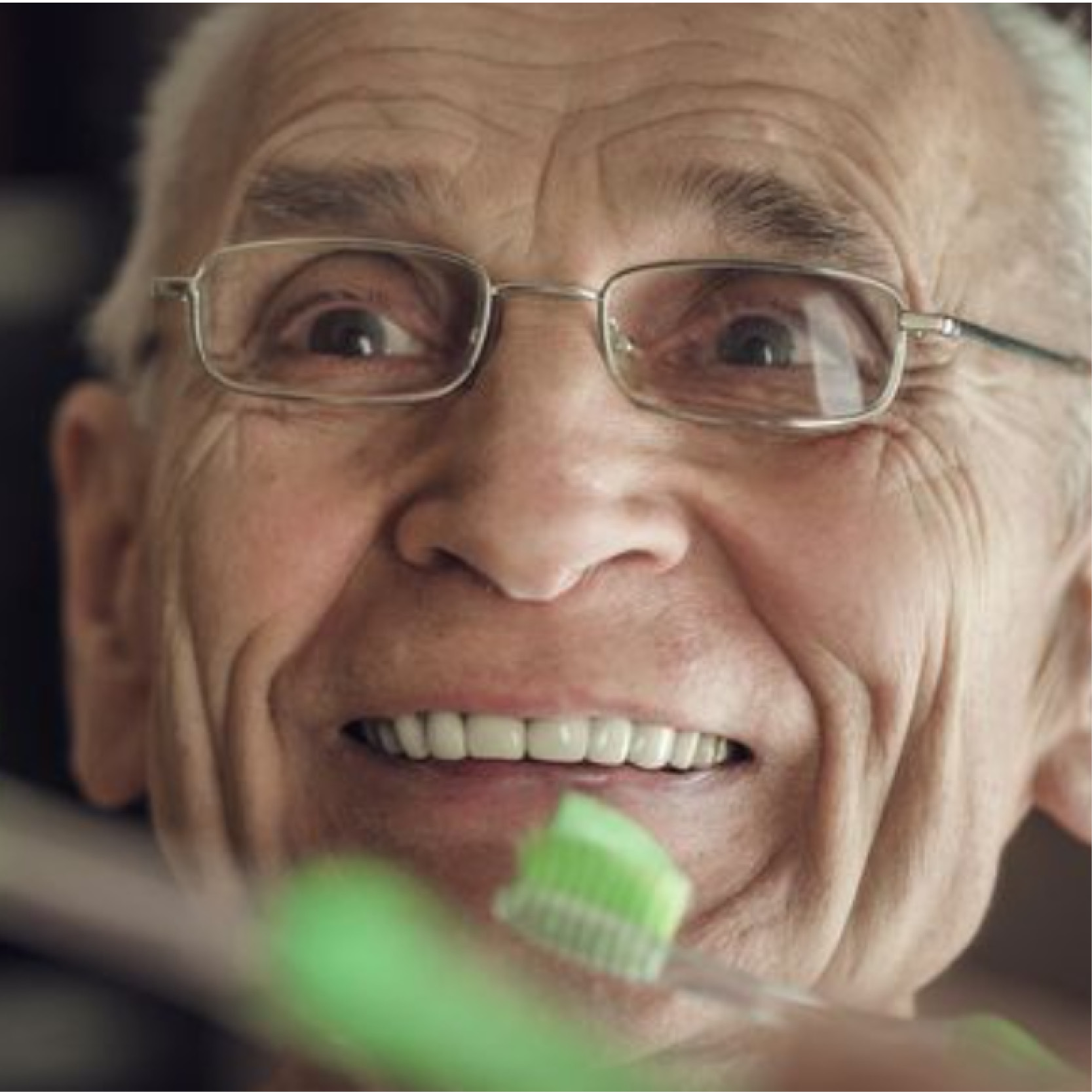One of the biggest fears older adults face as they age is a loss of independence. Help from others can allow seniors to remain in their homes and continue to take part in their favorite activities, but it is important that the assistance feels respectful and affirming.
Here are some ways you can help the elderly person in your life meet their physical, emotional, and social needs while honoring their individuality and prioritizing their dignity.
Talk to seniors like adults.

It’s easy to imagine how frustrated you would be if the people around you talked about you as though you weren’t there, or spoke to you with an infantilizing tone. Look for ways to make conversations with the elderly person in your life easier without coming across as condescending. Speak slowly, clearly, and face-to-face if possible. If your senior is hard of hearing, you may need to speak louder – but avoid shouting.
Listen to what seniors have to say.
Older adults may need time to organize their thoughts before responding to questions or contributing to a conversation. This doesn’t mean that their input is any less valid or valuable.
Feeling rushed or pressured can exacerbate aphasia, a condition characterized by language processing difficulties commonly caused by a stroke, Alzheimer’s, or dementia. Aphasia is not an indicator of intelligence, and seniors who are affected by it are still thinking complex and meaningful thoughts – they just need extra time to gather them.
Let elderly individuals set the pace of conversations, and be patient. Fully listen to what they have to say and avoid completing their sentences.
Allow seniors to make choices.

For elderly individuals with more profound cognitive decline, present two or three options when deciding what to eat, which activity to do, or what to wear. Respect their choices as much as possible, even when they don’t make sense to you. Soup for breakfast may seem odd, but it’s harmless.
If your senior adult wants to make a choice that is unsafe or against medical advice, gently redirect them or offer a compromise. Don’t scold or speak in a patronizing tone, and avoid becoming argumentative.
Respect seniors’ privacy.
As they age, seniors may require assistance with tasks that they’ve handled independently their entire adult lives. This can include personal care activities like dressing and grooming, as well as private decisions about finances and medical care.
If you are offering help to an elderly person in any area of life, it is critical that you treat them the way that you would want to be treated. Knock before you enter a room, and ask for permission before touching personal items.
Remember that seniors are entitled to private thoughts, and never share their personal information without their consent, even with people who are close to them.
Consider professional in-home care.
Allowing others to assist with very personal tasks can be difficult for seniors, especially when the help comes from a younger family member. They may feel uncomfortable with these new boundaries, and the role reversal can be strange and overwhelming for both parties.
It’s not uncommon for elderly people to prefer professional assistance with bathing and toileting, as involving friends and family in those tasks can cause feelings of embarrassment or even guilt. Quality in-home personal care can be tremendously beneficial for families learning to navigate this chapter of life while supporting their loved one’s dignity.
Connect with a home care service that shares your commitment to affirming your senior’s rights to respect and privacy. Skilled, compassionate professionals can ensure that their needs are met in a way that nurtures their independence and allows families to enjoy their time together.





